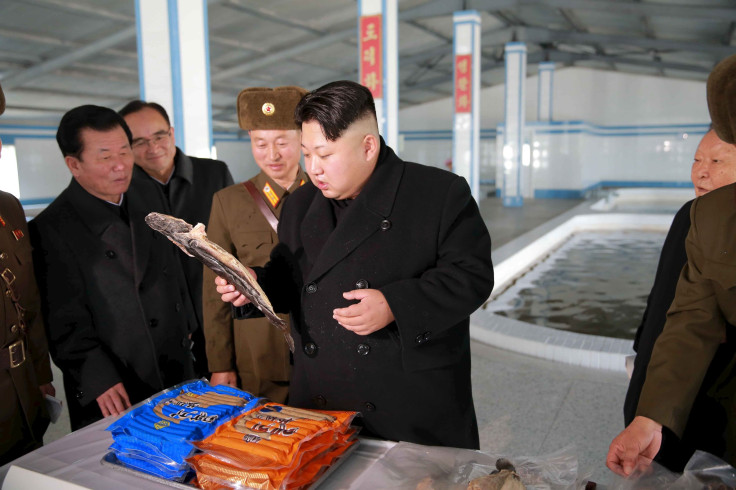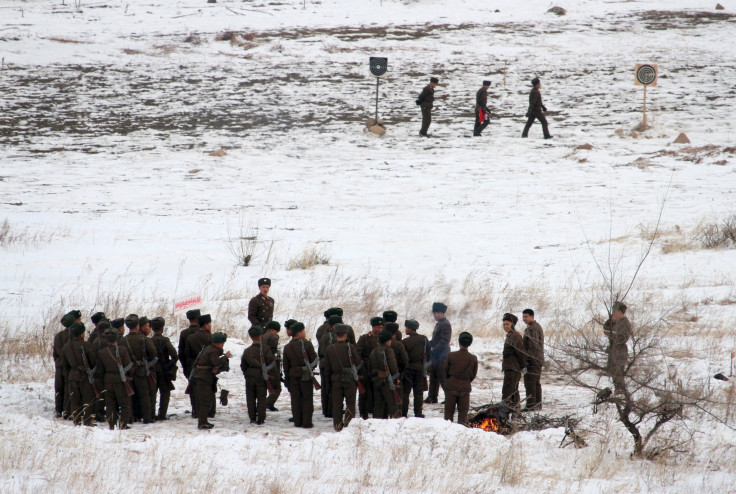Under Kim Jong Un, North Korea Slams Failed Talks With South Amid Decline In Tourism Sector

It took three days after high-level talks between the two Koreas collapsed for the North to declare those efforts as not merely wasting time but in fact worsening relations between the countries, amid hopeful rumors of reunification and improved cross-border ties. The South had lost "a rare opportunity to improve relations," the North's Committee for the Peaceful Reunification of Korea said in a statement.
The talks, which lasted two days and were held in the border town of Kaeson in North Korea, ended Saturday night with no agreements. Nor did the countries make plans to meet again and renew those talks. Each has blamed the other for the failure, although North Korea and South Korea also sought different outcomes from the negotiations, with the former aiming at bringing back a lucrative contingent of South Korean tourists and the latter at reunions for families that had been separated during the Korean War, which lasted from 1950 to 1953.
Tensions between the two countries had been high in recent months, particularly in August when they exchanged artillery fire at the border. In a rare moment, the North apologized for injuring South Korean soldiers using landmines, and the military standoff ended with the Koreas agreeing to follow-up talks in order to improve their relations.
After those talks failed, North Korea's official KCNA news agency posted the statement that said the negotiations had "produced a result that is worse than having no talks at all, and the prospect of the inter-Korea relations became even bleaker," Agence France-Press reported.

Seoul and Pyongyang have technically been in a state of war since the Korean War ended with a truce in 1953, and relations have essentially been frozen since 2010 when a South Korean warship sank, an event that it blamed on North Korea. South Korea subsequently imposed sanctions on the North on top of pre-existing restrictions such as the 2008 suspension of tours to Mount Kumgang, a luxury resort that had once been a destination for South Koreans.
After the talks failed, South Korean officials blamed the North for its blind focus on those tours.
"The North Korean side was focused solely on the resumption of Mount Kumgang tourism. It was their only priority," an official with the Unification Ministry in Seoul said Tuesday, AFP reported. "They just wanted the tours to resume with no strings attached."
© Copyright IBTimes 2024. All rights reserved.





















